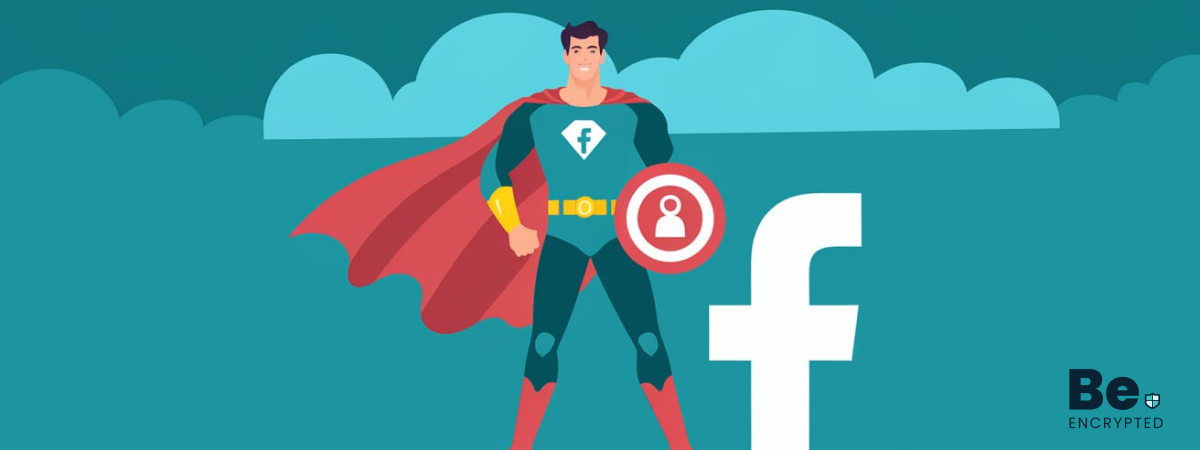Facebook is the world’s most-used social media platform, with over 3 billion monthly active users. The bigger the platform, the bigger the privacy and security threats.
People connect with friends and family and share their private information on this platform. However, we must remember that it is also full of danger. To minimize the risks of getting hacked with malware on Facebook, one should take some precautions.
Tips to prevent Facebook malware
Below are the precautionary tips based on our expertise and research that you can follow to minimize the risk of getting malware on Facebook.
1. Avoid rogue applications
You can log in to multiple websites and applications using your Facebook credentials. This may seem quite comfortable, but because of Facebook’s widespread prevalence, you should not put your faith in every app. Many apps are rogue, so you should not trust everyone.
If an unknown application pops up and asks for authorization, you can ignore it and prevent it from using your account. You can also search for the app on Google and make sure no one has reported it. Before authorizing any app, make sure to review the permissions that it asks for.
2. Click with caution
The most basic advice to be acted upon when surfing the Internet is not to click on something you think is unsafe. It can be like a message sent by a friend or a Facebook ad, but if it seems peculiar, you should ignore it. If you are unsure whether a shortened URL is safe, use a link unshortening service.
Not all bad links lead to Facebook malware, but they may direct you to other virulent sites that may infect you with ransomware.
3. Pay no heed to strange friend request
Friend requests from someone with at least three mutual friends might be considered safe, whereas requests from weird people must be ignored. Being a newbie in the social world, even you are bound to use your common sense and turn down all cold calls.
People with fake profile photos, zero friends, and foreign country residences have no intention of making friends with you; instead, they try to infiltrate your sensitive information. So, to protect yourself from such shady people, you should limit yourself to the friend circle you are familiar with. Paying heed to such unsolicited requests may make you vulnerable to cyberattacks.
4. Stay in reality
Facebook malware scams come with messages that try to blackmail you by saying that someone took sneaky photos of you, cash or iPad giveaways, to attract you so that you may click on bad links that will direct you to malware. Similarly, the famous ‘Bill Gates Billion Dollar Giveaway’ is bogus and won’t win you any money.
5. Secure your account
To save your friends from encountering a cyberattack, one must keep their account secure. If your account gets hacked, the attacker may ruin your reputation among your friends by sending unethical messages to your friends.
Review your settings on the Facebook security page:
- Login alerts must be turned on to notify you when someone logs into your account from an unknown device.
- Use the Login approvals setting to add two-factor authentication to your account. This adds an additional layer of protection to your Facebook account.
- Go through your Recognized devices and where you’re Logged in to ensure nothing is out of place.
6. Scan your authorized apps regularly
It would be best to trust all the apps currently accessible to your Facebook account. Visit the Applications page to see your authorized apps.
To review any app’s current settings, click the pencil next to that app. This lets you check whether the app can post to the public, friends, or only you. This also allows you to check an app’s permissions; some apps need a set of permissions that can be disabled in other cases. Click on the X icon next to prevent an app’s complete access.
What if you get victimized
If you think you have been targeted by Facebook malware, even if you have removed the rogue apps by following the above steps, you should instantly change your password from the General tab of settings. Afterward, ensure you run a security scan and ascertain that your web browser has not been hijacked.
Post a status on your Facebook to let your friends know your account has problems. Just as you are doing your best to secure yourself and your friends from malicious minds, advise them to do the same and look out for signs of infection from their friends.
Share this article
About the Author
Rutaba Rais is Editor at Be Encrypted with focus on Technology and Internet Security. Apart from her Healthcare background, she has interests in Lifestyle, Journalism, and expressing her opinion by her writing. You can follow her on Twitter.
More from Rutaba RaisRelated Posts
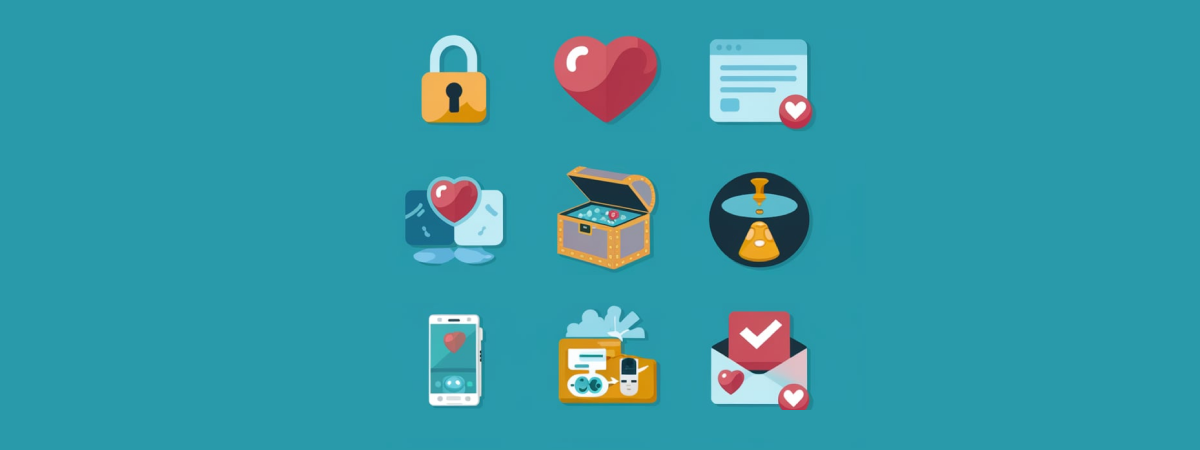
9 Popular Instagram Scams to Know and Avoid in 2024
KEY TAKEAWAYS Instagram scams have become a norm, and there’s a drastic increase in the number of th...
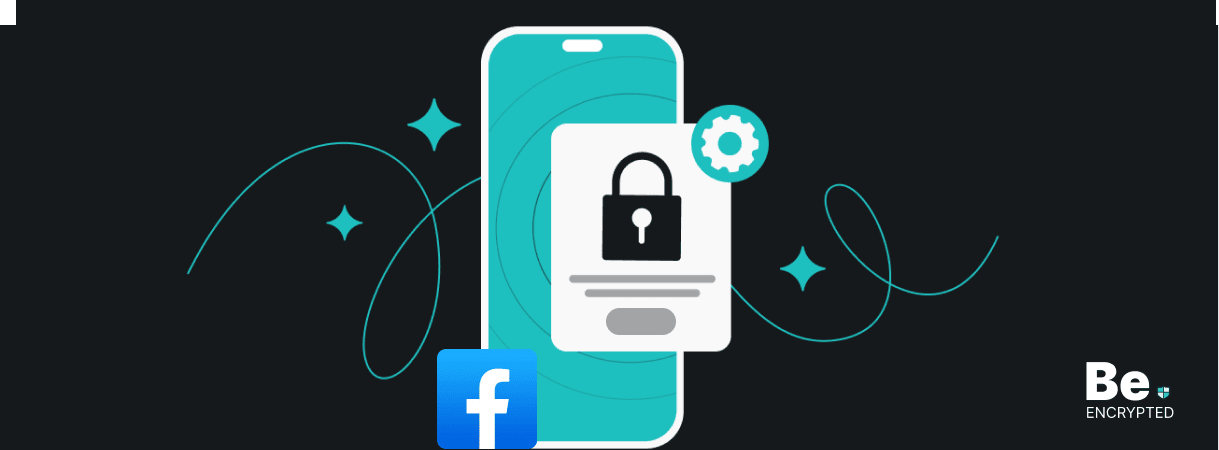
Facebook Privacy Settings: You Shouldn’t Ignore
KEY TAKEAWAYS Facebook monitors its users’ activities and records their data to use such infor...
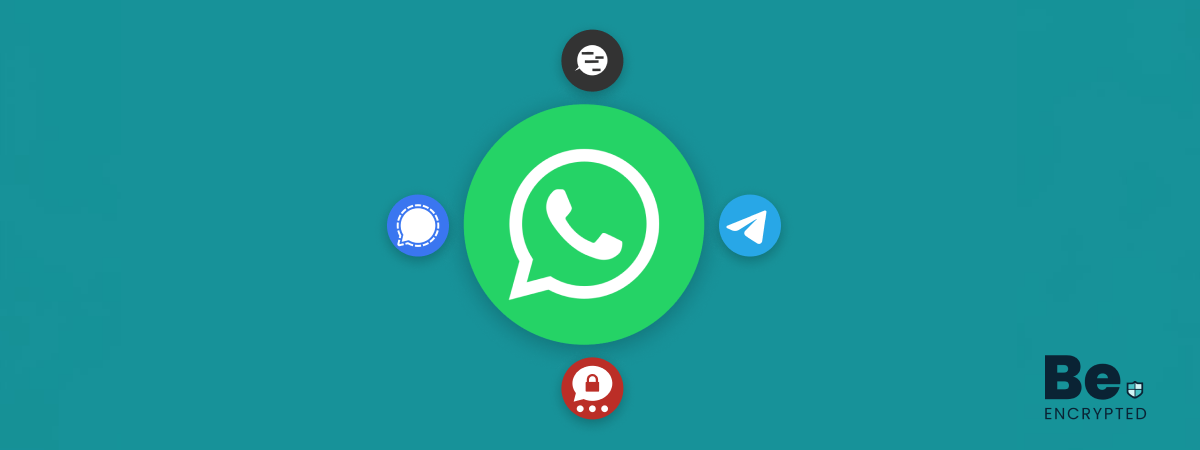
4 Best WhatsApp Alternatives in 2024 – Safe & Secure
KEY TAKEAWAYS After the recent update we saw a massive increase in privacy concerns, which required ...
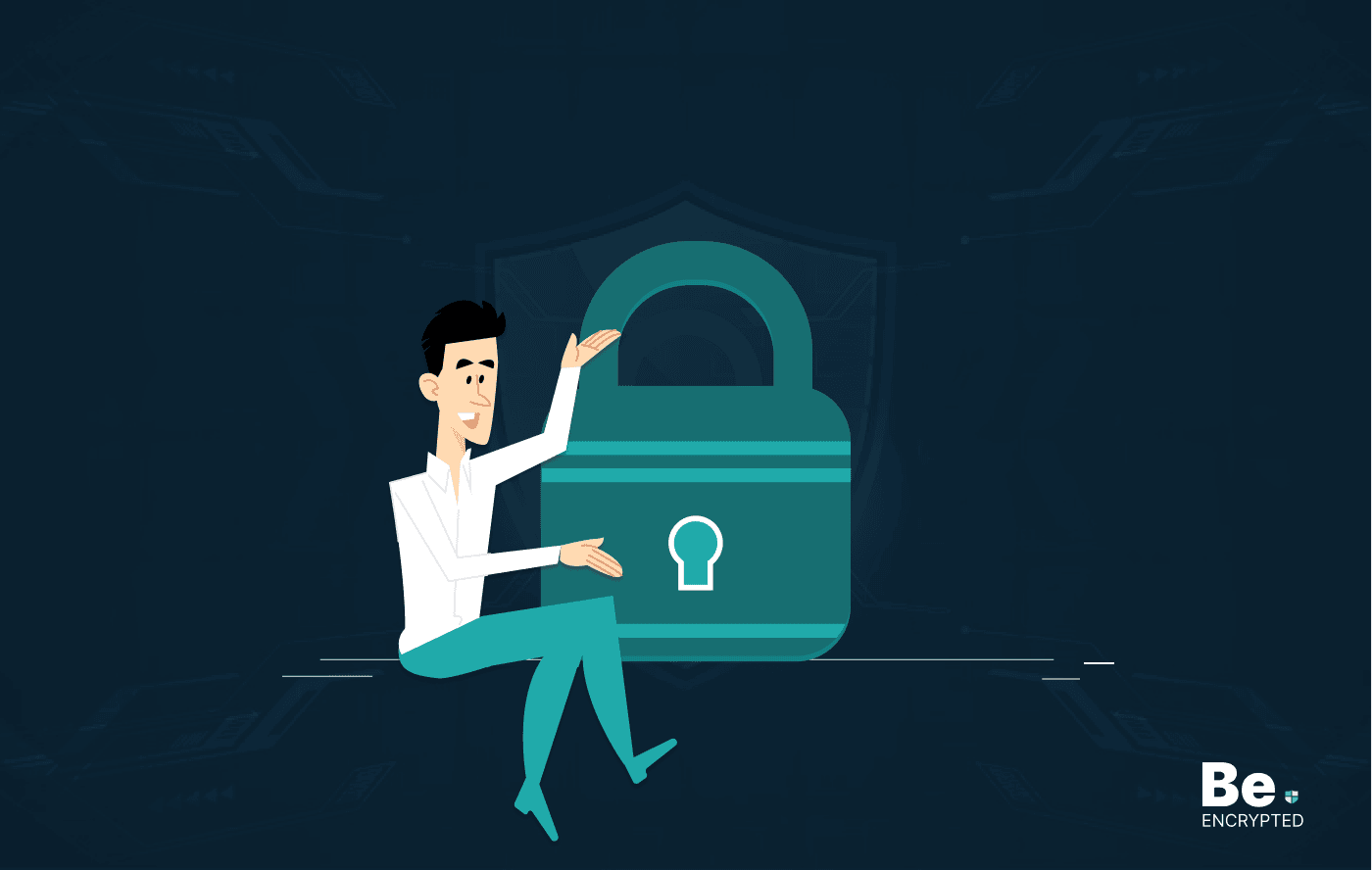
5 Ways to Protect Your Privacy on Social Media
KEY TAKEAWAYS Social media platform, including Facebook, Instagram, X, and more collect your data an...
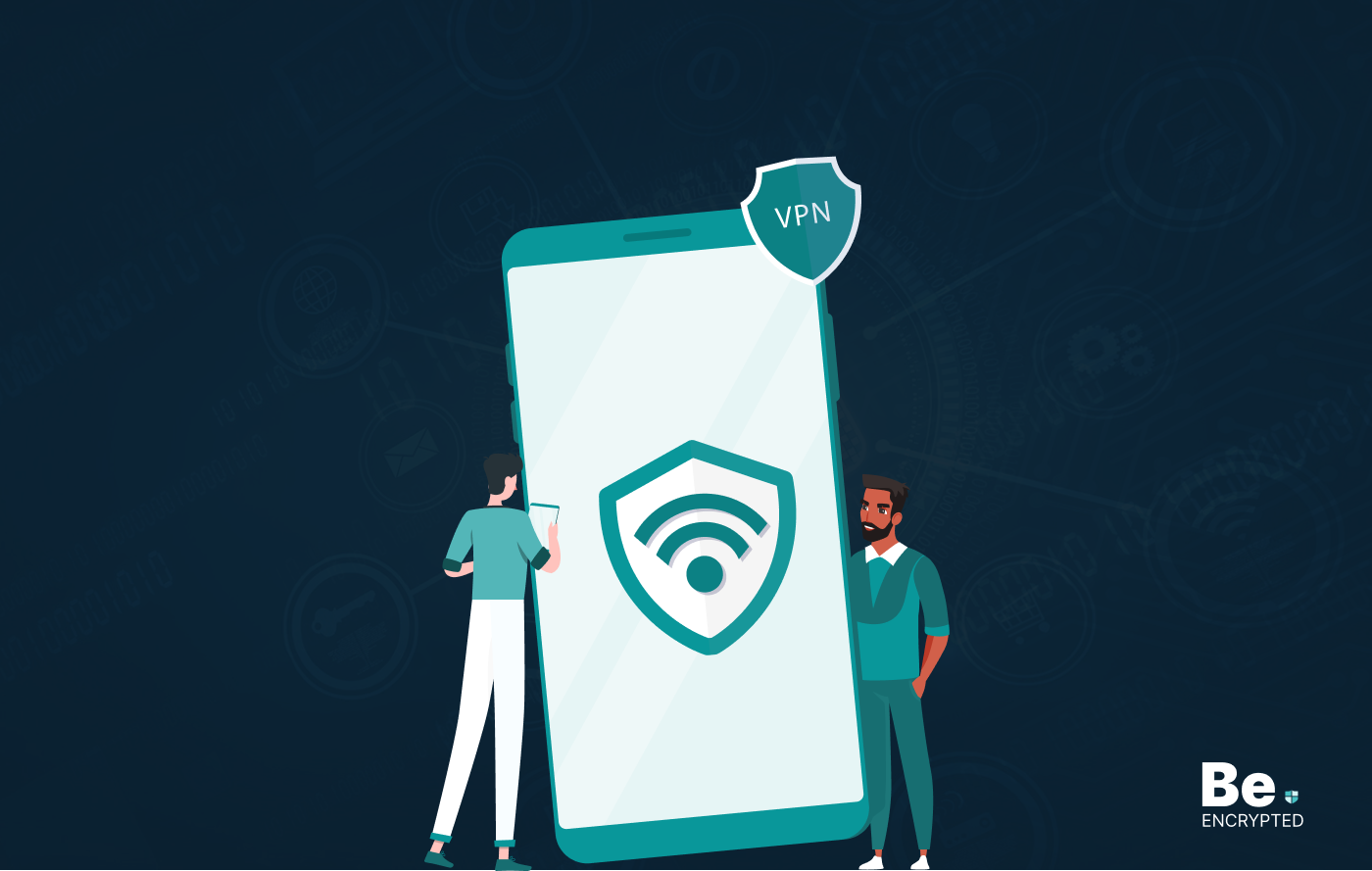
Android vs. iOS: Which is Secure to Use?
KEY TAKEAWAYS Android and iOS are the mostly used operating systems. Both OSs are good, but when it ...
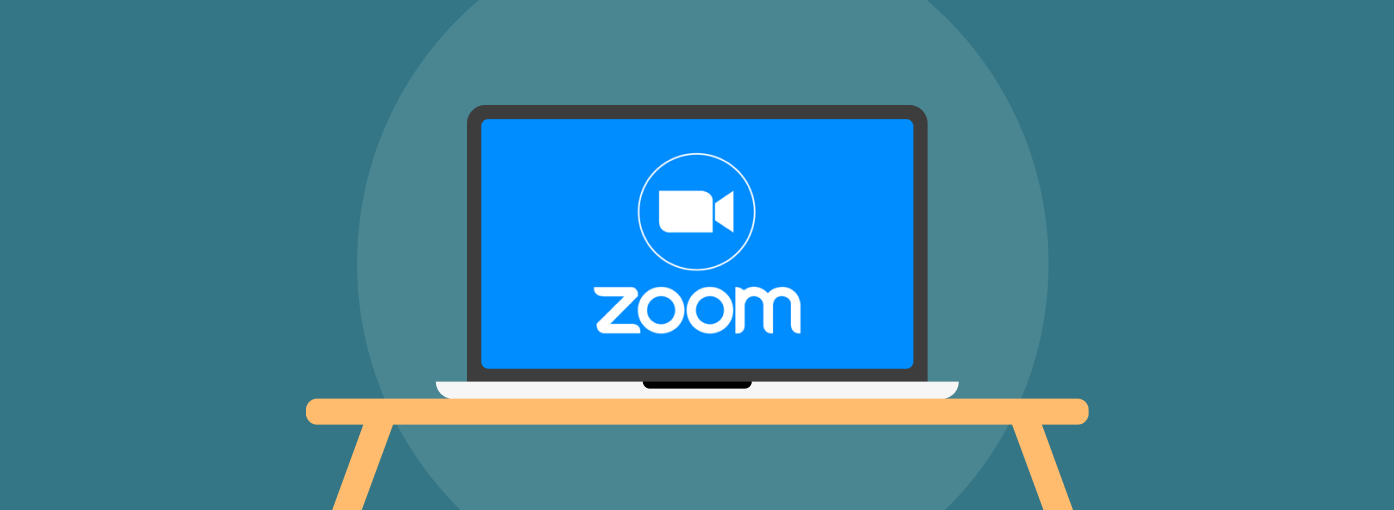
Is Zoom Safe to Use in 2024?
Zoom was a name we were unaware of before the deadly COVID-19 pandemic hit the world and its civiliz...
